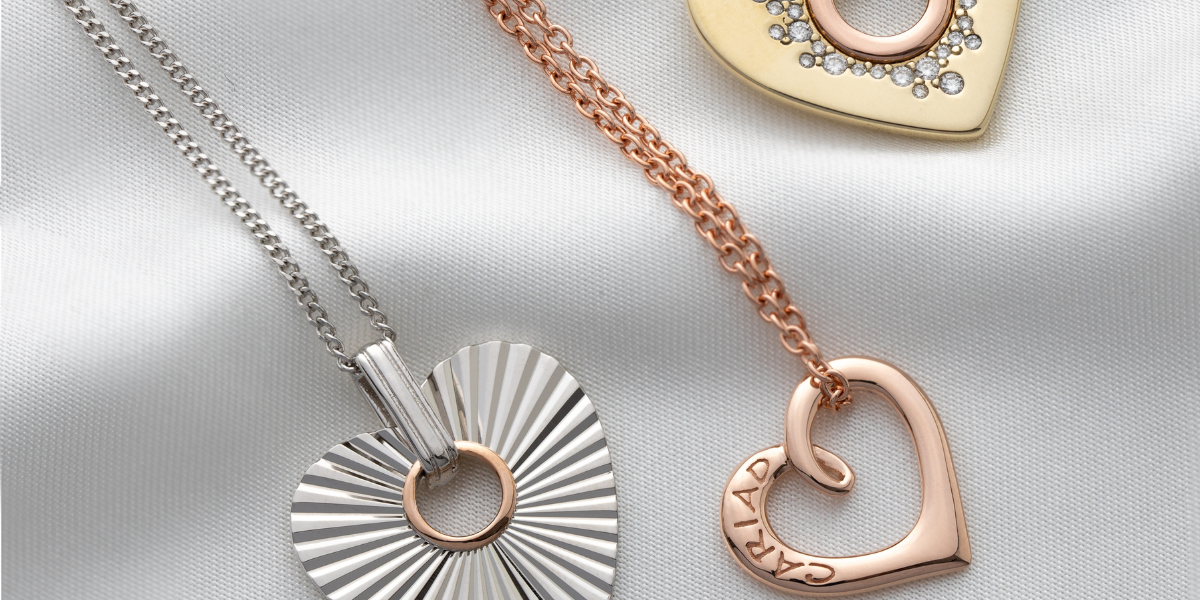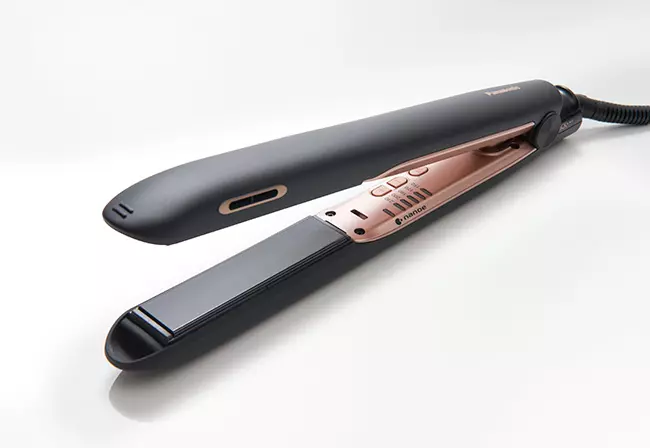A new American study suggests a link between exposure to phthalates, endocrine disruptors found in certain plastics, and sleep disorders in perimenopausal and premenopausal women.
Plastic has become omnipresent in our daily lives since its invention only seven decades ago. Today this omnipresence is being called into question, especially those plastics which are increasingly considered toxic to the environment and our health, such as phthalates, plastic materials derived from phthalic acid, which have been identified as endocrine disruptors. They are found in plastic toys as well as food packaging and cosmetic products.
New research published in the journal Menopause indicates a possible connection between exposure to phthalates and sleep disorders in premenopausal women.
The study was carried out with data from the Midlife Women’s Health Study. The sleep quality of 760 premenopausal and perimenopausal women was compared with phthalate levels in the participants’ bodies as measured in urine samples.
The sudden drop in hormone levels which occurs at the early stages of menopause is associated with numerous symptoms. While the most commonly known are hot flashes and night sweats, sleep disturbances are also quite frequent.
The impact of exposure to endocrine disruptors, however, is an area which is largely unknown, but might help us understand why sleep disturbances become increasingly prevalent in women over 50, according to the authors of the study.
Their results suggest that the frequency of sleep disturbances is associated with the concentration of urinary phthalates. This connection requires further research for confirmation, as other elements may be potential factors, such as subjects’ tobacco use.
“This study raises concerns and additional questions about a possible contribution of phthalates to sleep disturbances in premenopausal and perimenopausal women. Additional research into these endocrine-disrupting chemicals and their interactions with hormones, sleep, and mood in midlife women is needed,” said Dr. Stephanie Faubion, NAMS medical director.








